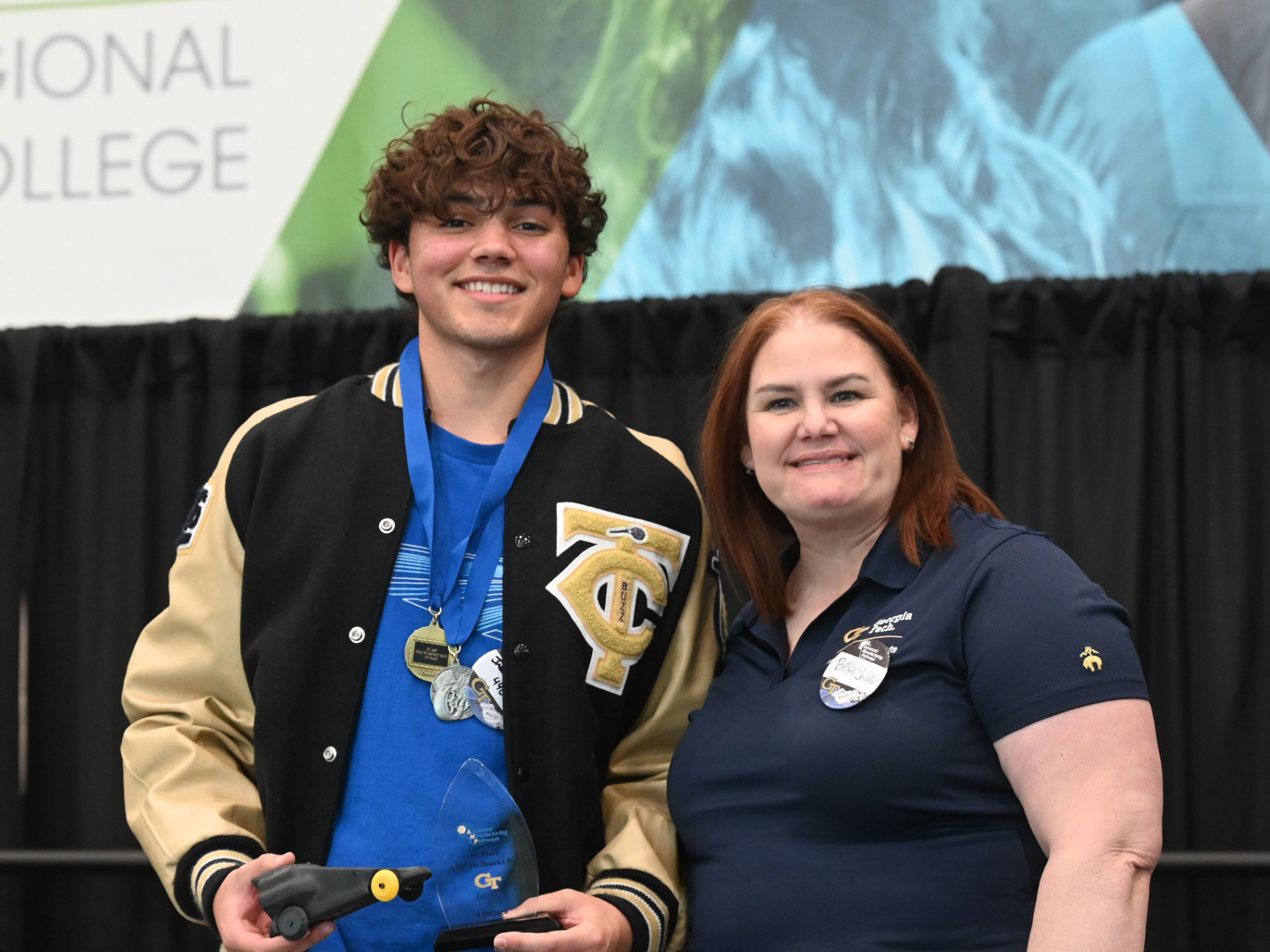A Transformative Opportunity for Damascus:
CHIP Grant Brings Vital Home Repairs.
The City of Damascus is stepping into a brighter future with the help of the Community HOME Investment Program (CHIP) Grant. This program offers an incredible opportunity for eligible homeowners to make critical repairs to their homes, improving safety, comfort, and quality of life.
What the CHIP Grant Means for Damascus
This grant, funded by the U.S. Department of Housing and Urban Development (HUD) and administered by the Georgia Department of Community Affairs (DCA), provides the resources to address significant housing issues within Damascus. By focusing on low and moderate-income families, the grant helps ensure that all residents can live in homes that are safe, sanitary, and energy-efficient.
Key benefits of the CHIP Grant include:
- Repairing and replacing deteriorated roof systems
- Updating outdated electrical and plumbing systems
- Improving heating systems for greater comfort and energy efficiency
- Weatherization for energy conservation
- Removing potential lead hazards
This program prioritizes residents aged 62 and older, making it a lifeline for Damascus’ senior citizens.
How Damascus Residents Can Get Involved
To take advantage of this remarkable opportunity, homeowners are encouraged to participate in the
**Call-In Event**
on Tuesday, February 25, 2025,
from 8:00 AM to 12:00 PM.
Call 1-888-467-7814
This event allows interested applicants to learn more about the program, receive application forms, and start the process of transforming their homes.
For more information,
contact Latoya Salter, City Clerk, at **229.725.4970** or **cityofdamascus@att.net**.














